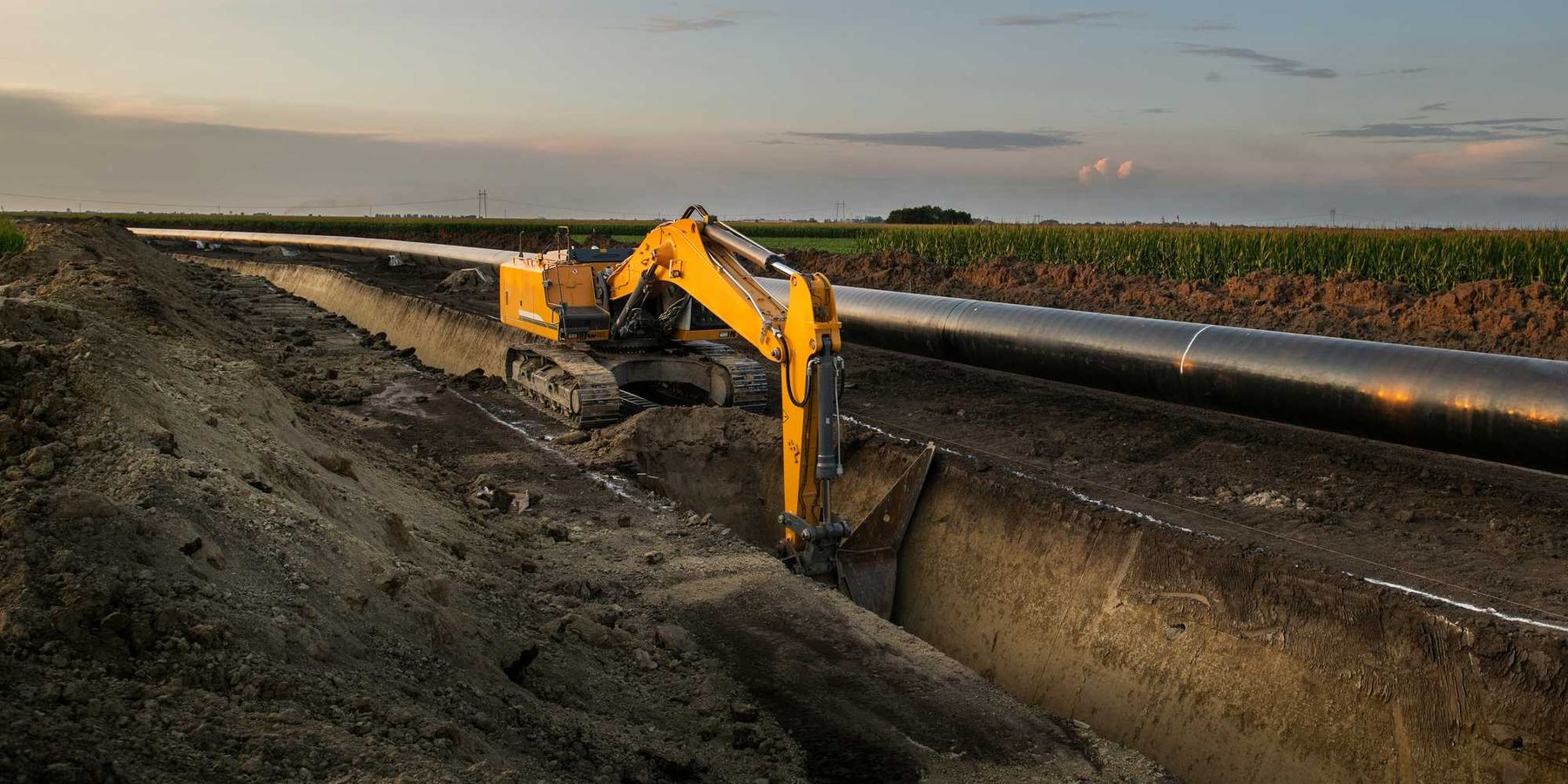
Profiles in Scourges: Anne Gorsuch. Weekend Reader, Sun. Feb. 11
Long before Scott Pruitt aimed his wrecking ball at EPA, Ronald Reagan's EPA chief took a swipe at the agency.
There is striking parallel between Ronald Reagan's environmental wrecking crew of years past and the current administration. Here is part 2 in a series looking back at Reagan rollbacks and characters.
Read part 1 on Reagan's Interior Secretary, James Watt.
A sharp aggressive lawyer who rose in western conservative circles, then elected to the Colorado legislature as part of a self-named group called the "House Crazies," Anne Gorsuch made a career of challenging what she saw as repressive federal regulation.
With Ronald Reagan's landslide election, she found herself at the helm of arguably the most "repressive" of the bunch, the Environmental Protection Agency. She cut an impressive figure. While Gorsuch was widely described as "charming," Denver's Rocky Mountain News added that "she could kick a bear to death with her bare feet."
In less than two years, Gorsuch oversaw a 22 percent cut in the EPA's budget and and cashiered nearly 20 percent of the EPA's personnel. A 1983 New York Times editorial tore into her management style, declaring "Anne Gorsuch inherited one of the most efficient and capable agencies in government. She has turned it into an Augean stable, reeking of cynicism, mismanagement and decay."
Environmental enforcement took a nosedive, as did the morale of career EPA employees. Gorsuch derided the "hysteria" of environmental groups, and pushed a wildly unpopular, ultimately unsuccessful proposal to burn toxic wastes aboard ships along the heavily-populated east coast.
Gorsuch differed from her Interior Department counterpart, James Watt, in two vital ways. First, she was not given to the ideologically-driven outbursts and poorly-timed jokes that eventually cost Watt his job.
Second, she instead found her way directly into political scandal. The Superfund program to clean up toxic waste sites came into being in the final days of the Jimmy Carter administration after the Love Canal disaster in New York State brought waste dumping into the spotlight. Superfund's great expectations sputtered, and Gorsuch's EPA seemed all too reluctant to tackle polluters and waste dumpers.
Congress launched multiple investigations into Superfund's struggles. Gorsuch refused to turn over thousands of EPA documents on the program, and was cited for contempt of Congress. A career EPA civil servant, Hugh Kaufman, took it upon himself to deliver much of the Superfund material to Congressional committees.
Rita Lavelle, a top deputy who oversaw the Superfund program, was convicted of perjury, sentenced to six months' imprisonment and a $10,000 fine. Nearly 20 other EPA officials resigned, eventually including Anne Gorsuch.
A month before her 1983 departure, Gorsuch married Bob Burford, another of the Colorado "house crazies" who became Director of the federal Bureau of Land Management.
In 1984, Anne Gorsuch Burford received another appointment from President Reagan to chair the National Advisory Committee on Oceans and Atmosphere. After non-binding votes of disapproval from both Houses of Congress, she turned the appointment down.
Her marriage to Burford was in divorce proceedings when he died in 1993. Retreating from public life, she spent many years in private law practice, specializing in chasing "deadbeat dads," according to her son, Neil Gorsuch.
Gorsuch was known for a two pack-a-day Marlboro cigarette habit, and on occasion smoked through public meetings and television interviews. She died of cancer in 2004 at age 62, but her legacy lives on: Neil Gorsuch, eldest of her three children, was sworn in as an Associate Justice of the U.S. Supreme Court in 2017.
One more likely important difference between Anne Gorsuch and Scott Pruitt: In the early 80's, the Democrats still controlled the House of Representatives, and many Republicans still held strong sympathies for environmental protection. When Gorsuch departed, her replacement was William Ruckelshaus, a moderate Republican who had served as the first EPA Administrator in 1970. Ruckelshaus is widely viewed as having worked to restore public faith in EPA.
In 2018, there's speculation that Scott Pruitt could vacate the EPA job to replace Attorney General Jeff Sessions should his rocky relationship with the President head further South. If so, potential Pruitt successors might include Andrew Wheeler, awaiting a full Senate vote to become the top EPA Deputy Administrator.
Wheeler's bona fides include a stint on the Senate staff of uber climate-denier James Inhofe (R-OK), and as a lobbyist for coal and uranium interests. As a lobbyist, Wheeler held fundraisers for Inhofe and for Sen. John Barrasso (R-WY), the current chair of the Environment and Public Works Committee.
In the 1980's, Republicans came to view riding roughshod through environmental values as a liability. In 2018, it would appear to be a badge of honor.
Top Weekend News
Writing in Inside Climate News, Georgina Gustin reports on tax breaks that could help wind, solar, nuclear -- and clean coal, whether it exists or not.
No longer hot -- or cool? Toyota's hybrid Prius was all the rage back in 2012. But since then sales have been cut in half.
Smart write from Civil Eats on how the thunderous changes at EPA could impact farms and food policy.
Outrage! The NGO Global Witness reports that 197 environmental activists were murdered around the world in 2017.
Opinions and Editorials
Peter Gleick on Cape Town's water crisis, and what it heralds for many world cities.
Peter Dykstra and Steve Curwood on Living On Earth: A vital EPA office under threat; more exotic Trump appointees; and whatever happened to environmental justice?
Rollbacks & Other Trumpery
Suppose they staged a craven giveaway of resources and nobody came? Mining companies aren't responding to the minerals leases opened up in the Bears Ears area.
NBC News reports that EPA enforcement actions in 2017 hit a ten-year low.
In The Revelator, John Platt reports that the U.S. added 38% more oil and gas rigs in 2017.
E&E's Zack Colman reports on a meeting between Interior Secretary Ryan Zinke and an Israeli energy official accused of illegal activity.
Bloomberg reports that the Trump Administration could be preparing to roll back auto fuel efficiency standards at the request of the auto industry.
An occasional reminder that unhinged climate denial is alive and well.
The climate cabal is in a panic. The Trump Administration is systematically dismantling President Obama's climate change legacy: Federal agencies are scrubbing references to climate change, President Trump announced the United States. would exit the Paris Climate Accord, and his cabinet is peddling American-made fossil fuels around the world.













